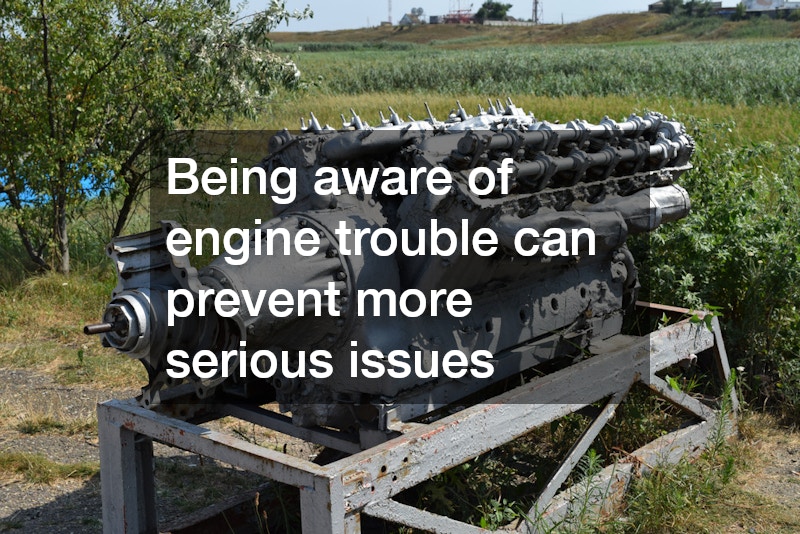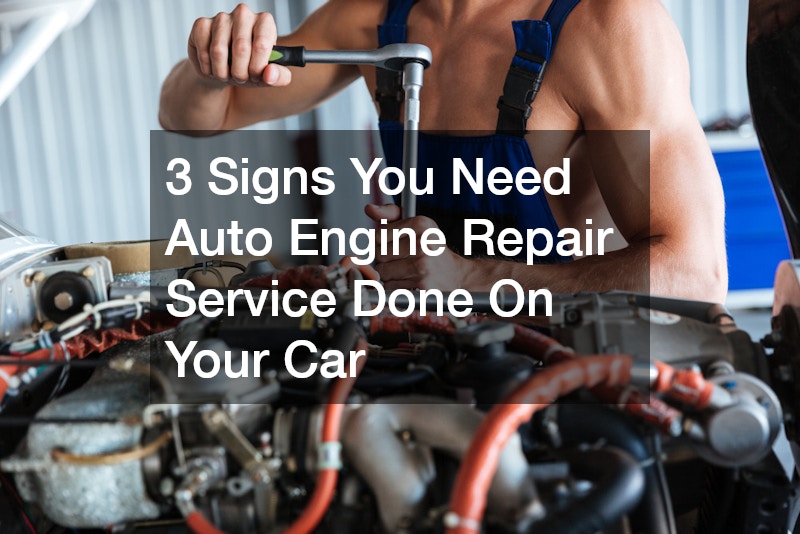We’ll explore the key signs that indicate you may need auto engine repair. Proper maintenance and timely repairs can greatly extend the life of your vehicle and save you from costly breakdowns. By recognizing these signs early, you can ensure that your vehicle continues to operate safely and efficiently on the road.
1. What Are the Symptoms of Engine Trouble?
a. Unusual Noises
Unusual noises such as clunking, knocking, or squealing sounds emanating from under the hood often signal potential engine problems. These noises may arise from various issues, such as a failing timing belt or a loose engine component that requires immediate attention.
Ignoring these noises can lead to more severe damage or even complete engine failure, emphasizing the need for timely diagnostics and repair.
When you start hearing these noises, it’s crucial to address them promptly by visiting a trusted mechanic. A professional will be able to accurately diagnose the source of the sound and recommend an effective solution to prevent further damage. In some cases, catching the issue early can result in a simpler and less expensive repair, which helps maintain your car’s overall performance.
In addition to clunking or knocking, other sounds such as hissing or popping might indicate specific engine issues like a leakage or misfiring. Listening to your car can provide valuable insights into its health, making it an essential aspect of car maintenance. Therefore, don’t underestimate the importance of investigating any strange sounds coming from your engine.
b. Check Engine Light
The check engine light on your dashboard is a warning sign that shouldn’t be ignored, as it suggests an internal engine issue that needs immediate attention. This indicator may activate for various reasons, ranging from minor problems like a loose gas cap to more serious engine-related concerns. Regardless of the potential causes, it’s advisable to seek diagnostic services promptly to determine the specific issue.
Ignoring the check engine light is a common mistake that many drivers make, often leading to more significant complications and increased repair costs. Modern vehicles are equipped with sophisticated systems that continuously monitor engine performance, and relying on this technology can greatly assist in maintaining vehicle health. By using an onboard diagnostic tool or visiting a mechanic, the underlying cause of the illuminated light can be efficiently addressed.
c. Poor Performance
Noticeable reductions in power and fuel efficiency can signal engine inefficiencies or failures, highlighting the need for potential repairs. This decline in performance can manifest in several ways, such as difficulty accelerating, reduced power output, or stalling, each reflecting possible engine troubles. Addressing these performance issues early can mitigate the long-term impact on your vehicle.
2. Can Ignoring Engine Issues Cause More Damage?
a. Increased Repair Costs
Ignoring minor engine issues, such as small leaks or worn-out parts, can ultimately escalate repairs into major financial burdens. What starts as a minor inconvenience can quickly develop into serious damage requiring expensive component replacements or extensive labor. Timely action helps avoid such scenarios, offering tangible savings reflected in maintenance costs.
b. Safety Concerns
Driving with potential engine problems poses significant safety risks that should not be underestimated. Engine malfunctions can lead to sudden power loss, making it difficult to navigate traffic safely or respond effectively to road conditions. Timely repairs are fundamental to maintaining control over your vehicle and ensuring the protection of all road users.
c. Long-term Vehicle Health
The impact of neglecting engine repairs significantly affects the longevity and reliability of your car. Engine inefficiencies left unaddressed gradually degrade the entire system, accelerating wear and aligning with premature vehicle retirement. Ensuring continued operational health through maintenance investments delivers measurable returns in sustained functionality and lifespan.
3. What to Expect from a Professional Engine Repair Service?
a. Diagnostics and Evaluation
Professional engine repair services begin with a thorough diagnostic evaluation to determine the issues affecting your car. Technicians use specialized equipment and tools to accurately assess the condition of the engine and identify the root causes of its problems. These diagnostics are crucial for formulating a precise repair plan that addresses all aspects of engine health.
b. Repair Processes
Once diagnostics are complete, the repair process begins, typically involving several standard procedures customized to your vehicle’s specific needs. Technicians address identified problems through careful selection and application of available repair techniques, ranging from part replacements to system recalibrations. The repair efforts focus on restoring engine performance while preventing future issues.
c. Cost and Time Estimates
Understanding the factors affecting the cost and duration of engine repair services is crucial for setting realistic expectations. Repair costs can vary based on the complexity of the issue, the need for parts replacement, and labor charges, among other considerations. Having a clear estimate helps vehicle owners budget and plan for necessary repairs without financial strain.
Being aware of the signs of engine trouble can help you prevent more serious issues and maintain the integrity of your vehicle. Timely engine repair services can save you time, money, and ensure your safety on the road. Proactively addressing engine concerns preserves vehicle longevity, underscores responsible car ownership, and empowers individuals to enjoy efficient, reliable transportation.
.

